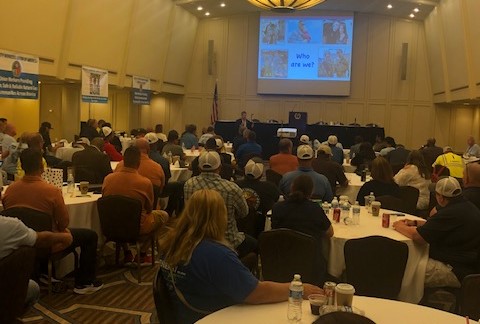“A glimpse into what Healing with Honor really looks like” a visit to Stark County, Ohio Common Pleas Honor Court, by Dixon Center for Military and Veterans Services team member, Vanessa Stergios
The majority of our veterans return home strengthened by their military services, but some veterans face tough challenges— some a result of trauma. America has seen an epidemic of veterans dying by suicide, a sharp rise in opioid addiction, and other serious health issues impacting those touched by military service.
Adjusting to civilian life after military service and managing mental health and substance use issues can be difficult for some veterans, especially those who have served in combat zones, and experienced injuries, and/or emotional trauma. Veterans who do not successfully manage these conditions may experience increased homelessness, violent behaviors, and involvement with the justice system.
Last Friday, Dixon Center for Military and Veterans Services, team member Vanessa Stergios had the honor and the privilege of attending a session of Stark Count Veterans Honor Court. It was a unique and rare chance to see individuals who have become involved with the justice system to have their dignity restored.
Stark County Honor Court is a specialized treatment court for veterans and active-duty service members that have been charged with felonies in the Common Pleas Court. Like the civilian drug and mental health courts that pull offenders with documented medical issues out of the traditional criminal court dockets, veterans treatment courts apply the same principles to former and current service members.
The first Honor Court in Ohio was started by Judge Taryn Heath in 2011and has served over 160 participants, as well as other veterans in Stark County since its inception. In addition, the Stark County Honor Court program has been a model program throughout the State mentoring many of the 24 other VTC’s certified by the Ohio Supreme Court’s Specialized Dockets. In 2017 and 2018, Judge Heath and her team, were presenters at the National Association for Drug Court Professionals’ Justice for Vets Conference and had the opportunity to showcase its peer-mentor training program, which until then was an uncommon practice and is now a standard in implementing the program.
“Giving dignity back to the soldiers that have served our country and found themselves in challenging times, is my favorite part of my job.” Stark County Common Pleas Court Judge Taryn Heath on working with veterans to change their mistakes into new beginnings through Stark County Veteran’s Honor Court.
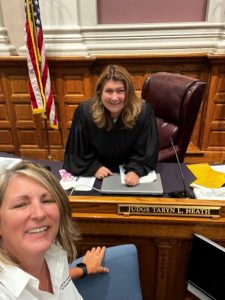
“As I watched Judge Heath go through the docket, I was impressed with the genuine sense of compassion, individualized attention, standard of accountability and sincere pride and gratitude that she and her team expressed to each veteran in each case” said Dixon Center team member, Vanessa Stergios.
As each veteran’s case was called to the podium to provide a status update on their progress, it was apparent that this court knows, what we at Dixon Center have also known all along – that these men and women are strong, powerful human beings, and given the right support are willing to reconnect with society and have meaningful relationships, and contribute positively.
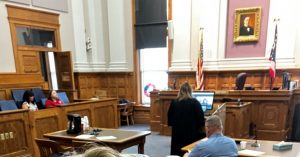
Dixon Center is partnering with the Court to offer an additional resource to Honor Court participants, the New York Times best seller, Atomic Habits, courtesy of one of our supporters. A small token of gratitude for their service and a tool to assist them in their continued success.
At Dixon Center for Military and Veterans Services, our emphasis is on the positive. We are working with organizations able to support veterans to heal with honor. We partner with local and national organizations to help them find and focus on the overall well-being of veterans and their families. We help them develop programs that work, making them even more impactful.
The Stark County Honor Court Program attempts to bridge the gap to the services available to veterans and create a network of support systems to help them through their probation, and continue on as productive members of the community. The combination of services, supervision, and mentoring is intended to foster completion of probation and draw upon the codes of honor and service instilled in the participants during their military service to our nation.
Our mission at Dixon Center for Military and Veterans Services aligns with the goals of Honor Court, and what we know about the need for veterans to feel connected to successfully re-integrate into their communities.
“What most people believe is that we come home to a grateful nation,” said Col. David Sutherland, co-founder and chairman of the Dixon Center and a former special assistant to the Chairman of the Joint Chiefs of Staff, “And the reality is we come home to our families, neighbors, community –and that’s where the connections are.”
The nation’s first-ever veterans treatment court was developed in 2008 by Judge Robert Russell in Buffalo, NY developed the in 2008. The Department of Veterans Affairs (VA) Veterans Justice Outreach (VJO) Program is a prevention focused component of VA’s Homeless Programs Office. Since the program was founded in 2009, VJO specialists at all VA medical centers have provided outreach to justice-involved Veterans in various settings, including jails and courts. As of December 2021, VJO specialists report serving in 623 Veterans Treatment Courts (VTCs) and other Veteran-focused court programs across the U.S.
To learn more about Dixon Center’s approach to increasing the impact of community-based organizations, and to find out how you can support our work, contact Vanessa Stergios, at vstergios@dixoncenter.org
*Pictured Above:
Photo 1: Honorable Judge Taryn Heath, Stark County Common Pleas Court, and Vanessa Stergios DCMVS Team Member
Photo 2: “Whatever it takes” Honorable Judge Taryn Heath came off the bench to meet with a defendant on zoom to work with him to get him into a residential treatment facility
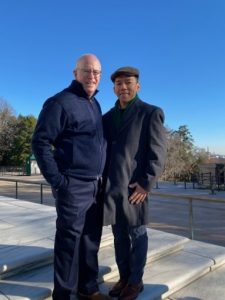 On 12 December, Dixon Center for Military and Veterans Services toured Arlington National Cemetery.
On 12 December, Dixon Center for Military and Veterans Services toured Arlington National Cemetery.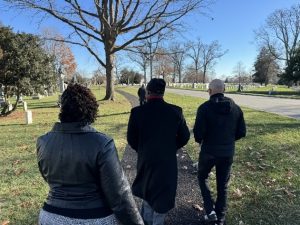
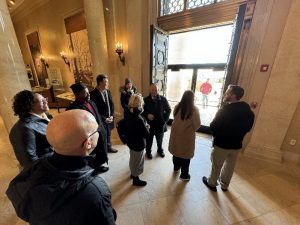
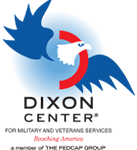


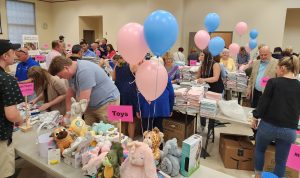

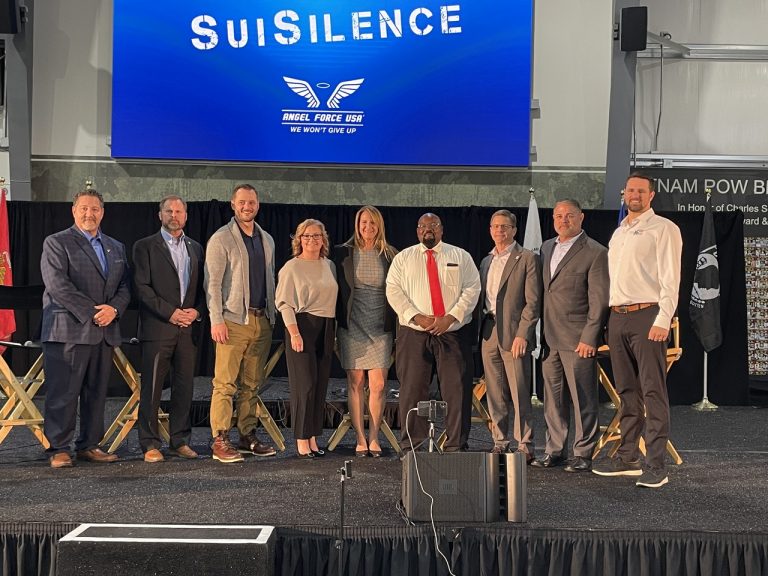
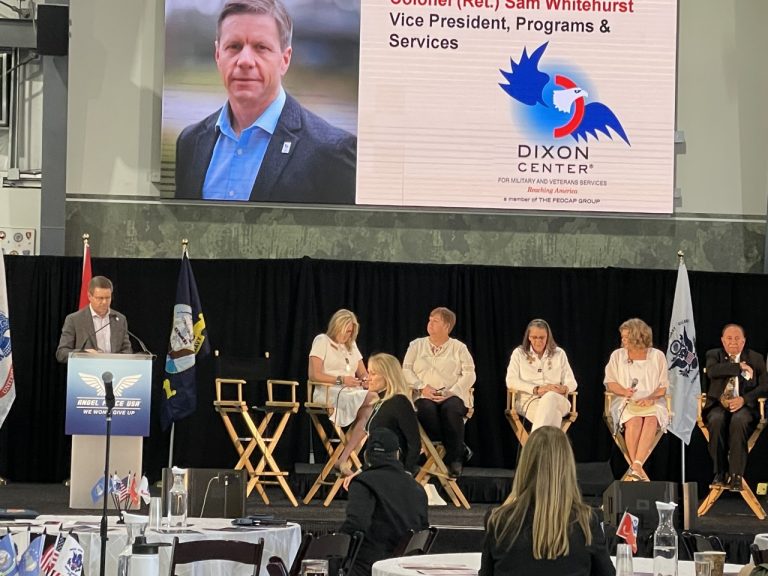
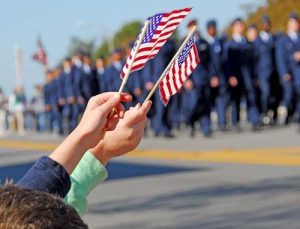
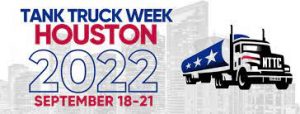 Dixon Center continues to spread the message about opportunities for transitioning service members, military spouses, and veterans in the trucking industry. We recently participated in Tank Truck Week in Houston, sponsored by
Dixon Center continues to spread the message about opportunities for transitioning service members, military spouses, and veterans in the trucking industry. We recently participated in Tank Truck Week in Houston, sponsored by 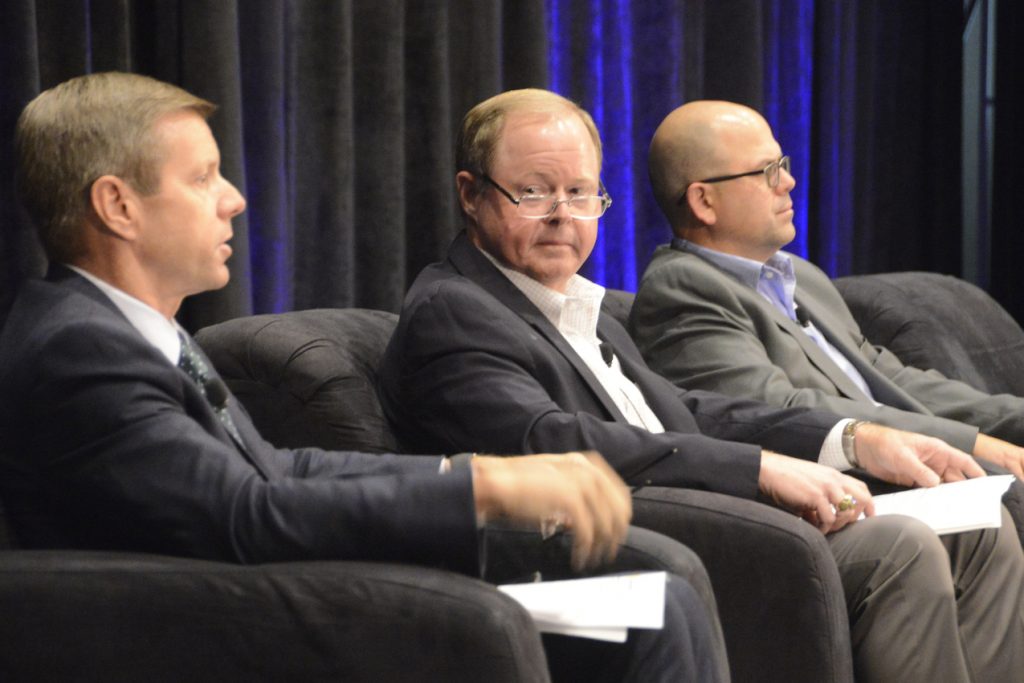
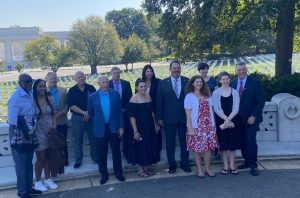
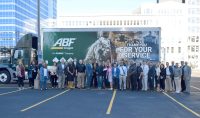
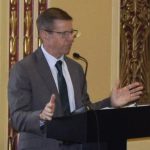

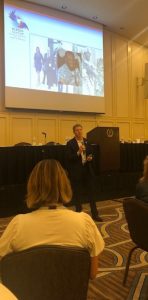
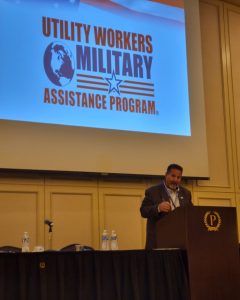 And it’s about creating a culture based on the ideas of brotherhood and sisterhood. Four years ago, I had the opportunity to spend an evening with members of UWUA Local 18007 in Chicago. As I watched the members interact with each other, it reminded me of being around an infantry rifle squad in Afghanistan or Iraq—the camaraderie, the strong bonds, and the sense that you know that someone always has your back. This is why the 1,000+ veterans that have graduated the UMAP program are thriving.
And it’s about creating a culture based on the ideas of brotherhood and sisterhood. Four years ago, I had the opportunity to spend an evening with members of UWUA Local 18007 in Chicago. As I watched the members interact with each other, it reminded me of being around an infantry rifle squad in Afghanistan or Iraq—the camaraderie, the strong bonds, and the sense that you know that someone always has your back. This is why the 1,000+ veterans that have graduated the UMAP program are thriving.